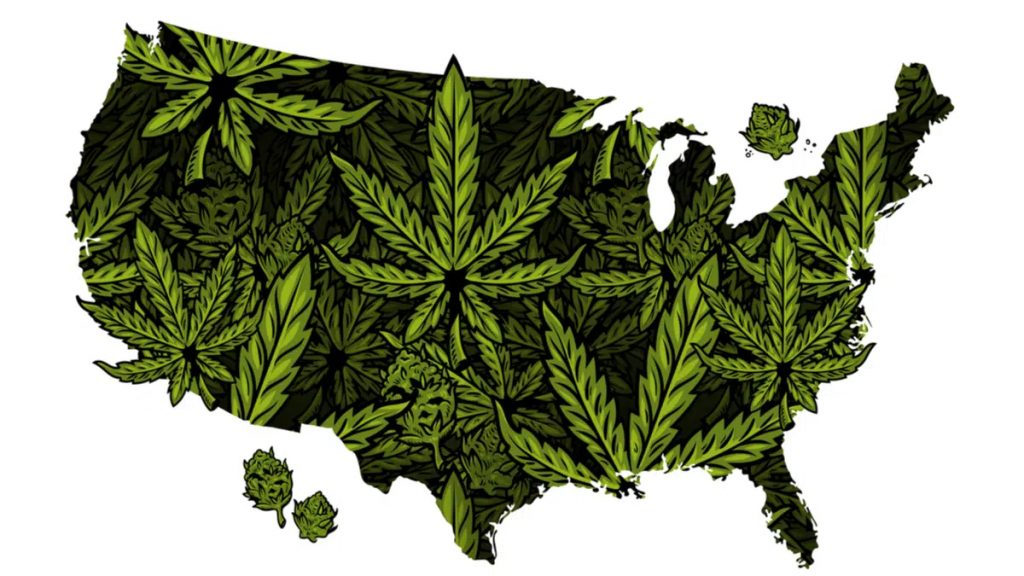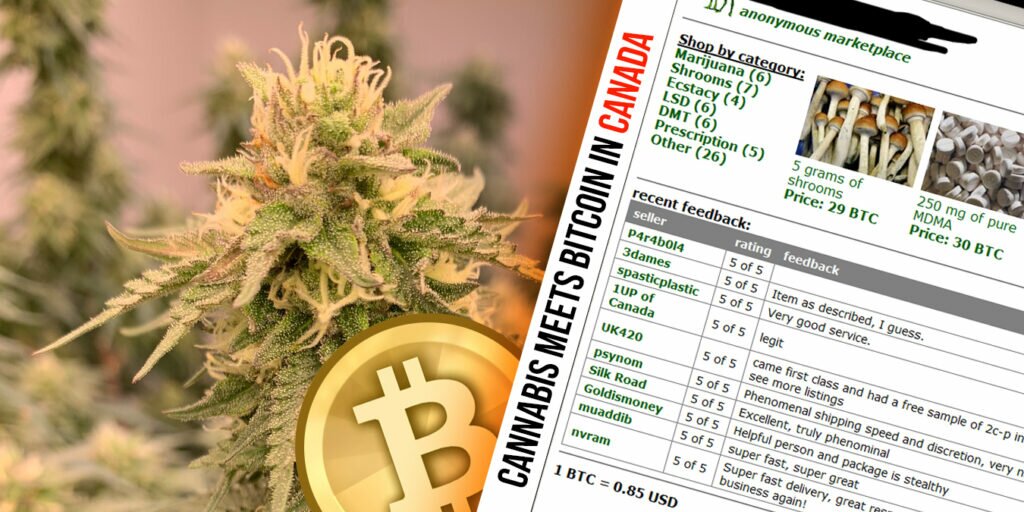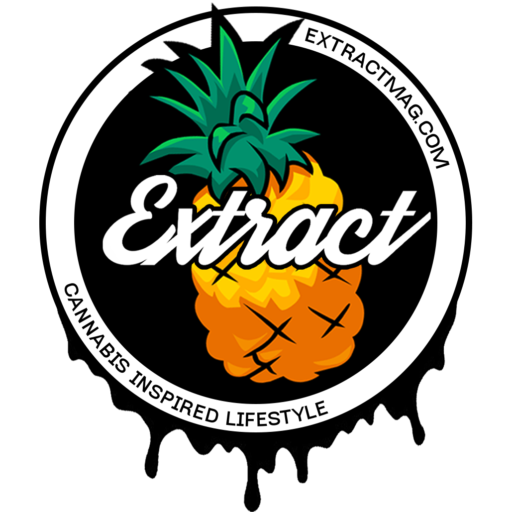Understanding the Differences Between THC and THCA


Cannabis contains a myriad of compounds, each with unique properties and effects. Two of the most discussed in the realm of cannabis science are THCA (Tetrahydrocannabinolic acid) and THC (Tetrahydrocannabinol).
Here’s a comparison table that outlines the key differences in terpenes, benefits of each terpene, strains that contain them and terpene effects:
| Attribute | THCA | THC |
|---|---|---|
| Psychoactivity | Non-psychoactive. Does not produce a “high.” | Psychoactive. Responsible for the cannabis “high.” |
| Chemical Structure | Contains an extra carboxyl group (COOH). | Loses the carboxyl group upon decarboxylation. |
| Occurrence | Found in raw and live cannabis. | Produced when cannabis is decarboxylated. |
| Receptor Affinity | Does not readily bind to CB1 receptors in the brain. | Binds well to CB1 receptors, affecting the central nervous system. |
| Effects | – No intoxicating effects. – Potential therapeutic benefits without the high. – May offer anti-inflammatory and neuroprotective properties. |
– Euphoria – Relaxation – Altered senses of sight, smell, and hearing – Altered sense of time – Potential therapeutic benefits, including pain relief and nausea reduction. |
| Legal Status | Generally not listed as a controlled substance due to its non-psychoactive nature. | Often regulated due to its psychoactive properties. |
| Methods of Activation | Typically converted to THC through drying, curing, and heating. | Activated and ready to interact with the body post-decarboxylation. |
| Therapeutic Uses | Being researched for use in medical treatments due to its non-psychoactive effects. | Widely recognized for medicinal use, especially in states/countries with legal medical cannabis programs. |
Exploring the Benefits and Effects of THCA and THC
While THCA and THC are closely related, their differences have significant implications for consumers and medical patients alike.
THCA is found abundantly in fresh cannabis plants. It’s non-psychoactive, meaning it won’t create the high associated with THC. However, it’s believed to have a host of potential health benefits, including anti-inflammatory and neuroprotective effects, which could be useful for treating conditions like arthritis and neurodegenerative diseases.
THC is the most well-known compound in cannabis due to its psychoactive effects. These effects can include a sense of euphoria and well-being, relaxation, and changes in perception. Medically, THC is valued for its ability to relieve pain, reduce nausea, and stimulate appetite among patients undergoing treatments like chemotherapy.
It’s important to note that while the psychoactive properties of THC can be desirable for some users, others may seek the therapeutic benefits of cannabis without the high, making THCA a compound of interest.
What is Decarboxylation?
Decarboxylation – the process of converting THCA into THC through heat – is key when preparing cannabis for consumption, especially in edibles. Without this process, the THCA remains intact, and the expected psychoactive effects will not be realized.
Learn how to decarboxylate your weed here.









Responses